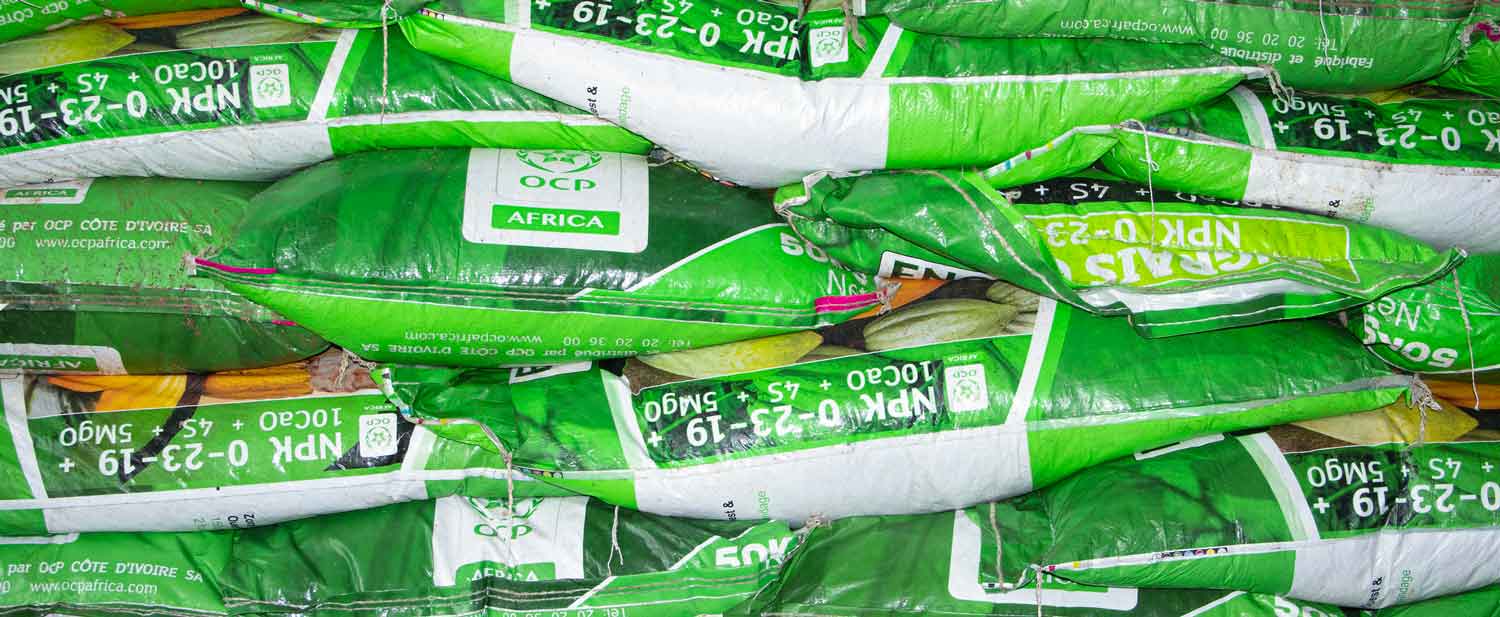
ABIDJAN, March 10, 2024 – San Pedro is located in southwestern Côte d’Ivoire, and producing cocoa alone here can be an uphill battle. For Sandrine Assi, one of San Pedro’s women cocoa producers, these challenges are all too familiar. The size of her small farm, the high cost of hired labor, expensive fertilizers, middlemen cutting into her profits, and market price volatility all mean that farmers like Assi who venture into the cocoa business independently often bring home less money at the end of the harvest season than they’d like.
To overcome these challenges and earn a larger share of the 40 percent of cocoa world supply produced in Côte d’Ivoire, more and more of San Pedro’s farmers are joining cooperatives. Sandrine Assi secured membership the Watté United Brothers Agricultural Cooperative in Watté, 23 kilometers outside San Pedro, and she now runs it. Watté United Brothers, which counts 32 other women among its 587 members, is one of more than 3,000 coffee and cocoa sector cooperatives in Côte d’Ivoire – and one of only a few where women are in leadership positions. This is a real change in societies where women are traditionally limited to domestic roles.
“Not only are we [women] breaking these barriers but we are also thriving. Watté United Brothers has empowered me and helped me increase my production,” Assi says. Cooperatives like Watté United Brothers help farmers share their agricultural resources, acquire greater negotiating power, maximize benefits, and buy farming tools and inputs like fertilisers in bulk.
In Côte d’Ivoire, a 50-kilogramme bag of fertiliser costs nearly US$ 39, well beyond the reach of most farmers in the San Pedro region. The African Development Bank’s Africa Fertiliser Financing Mechanism [AFFM] is working with farmers and cooperatives to make fertilisers more affordable. The Mechanism teamed up with OCP Africa, a leading international fertiliser provider, to roll out an innovative, US$ 2 million trade credit guarantee program in Côte d’Ivoire. Under it, the Mechanism shares the transactional credit risk with suppliers like OCP Africa, giving them greater confidence to sell fertilizer to agro-dealers and cooperatives like Watté United Brothers on credit.
Under Assi’s leadership, the cooperative signed a partnership with Rifi Distribution, a fertiliser supplier involved in the Africa Fertiliser Financing Mechanism-OCP Africa project. Farmers can now pay a more affordable 20 percent up front for fertiliser and pay the remaining 80 percent after harvest. This credit scheme boosts farmers’ use of fertilizer, resulting in more cocoa growing in their fields.
“Before the partnership with Rifi Distribution, we had 300 bags [of fertiliser] for our different producers. But in this partnership, we got up to 7,000 bags, approximately 350 tons,” Assi said.
Rifi Distribution and six other fertilizer agro-dealers participate in this trade credit guarantee project.
“The Africa Fertiliser Financing Mechanism invests in smallholder farmers at the last mile, including women” — who make up 30 percent of the small-scale farmers targeted by the AFFM – “by making fertilizers more accessible and easier to use through trade credit guarantees. This approach helps thousands of farmers, leading to higher crop yields and ultimately boosting their income,” said Marie Claire Kalihangabo, Africa Fertiliser Financing Mechanism Coordinator.
In Côte d’Ivoire, the project delivered 4,217 tons of fertiliser to more than 9,800 cocoa growers last year.
https://thecooperator.news/affm-commits-more-than-us-2mln-to-improve-farmers-access-to-fertilisers/
Buy your copy of thecooperator magazine from one of our country-wide vending points or an e-copy on emag.thecooperator.news